I’ve decided to address my approach to infants and toddlers next, partially because this is probably my favorite age group. I firmly believe infant and toddlers ideally should not be in group care. They belong small home environments rather daycare center type settings. Nothing can really convince me otherwise. HOWEVER, when they are put together in groups some really fun things can happen to go along with all the inevitable biting. Prior to becoming a parent, or finishing my undergraduate degree even, I spent a lot of time as an assistant and/or lead teacher in infant and toddler groups. My experiences there, along with my technical training in infants and toddlers, are a big part of my philosophy of infants and toddlers. The things I’ve learned about Montessori have only complimented that over the years. I apologize in advance for the number of photos in this post. I have well documented these stages 🙂
Newborns and Itty-Bitties (through 3 months or so)
Tell me what newborns need other than lots of love? Lots of time in the loving arms of parents, siblings, and other loved ones is my prescription for the early months. I don’t have much of a plan other than that. For materials, toys, activities, whatever at this age there isn’t a lot. The only material I have is vision mobiles and mirrors (preferably a low mounted wall mirror but I haven’t always had one available). Key *milestones* I watch for are focusing on faces and hands and head control while on the tummy.
To me this stage represents the beginning of the true development of individual skills. Weaning (from bottle or breast) begins at some point during this stage with learning to self feed and drink from a cup. We like open small tin cups and small utensils with bowls. Montessori services has some great resources.
This is the age when the infant/toddler materials begin their draw. The object permanence boxes, imbacure boxes, and first discs on dowels. This is the range most of those materials are kind of aimed towards. The development of hand/eye coordination for these tasks compliments the hand/eye coordination needed for the task of developing those self- feeding skills and the cognitive development really begins to show through in the infant’s understanding of their world and how things work. What starts with the object permanence box becoming a baby repeatedly opening and closing the kitchen drawers to see what is inside!
The exploration of the environment begun in the home begins to be seen outside the home at this stage. Babies are starting to take in things happening and whether from mom or dad’s back or the stroller (which is not as cool a view in my opinion or as comfortable/easy to maneuver), they are noticing the outside world and interacting more and more. If you are brave they are fun to take on field trips!
The motor skills that are such a big developmental task at this stage really don’t need that much encouraging or special treatment, in my opinion. Making things available on the child’s level will motivate movement in the child’s own time and in the child’s own way. While not, specifically related to this post, I talked a little about motor skills development in the top half of this post.
Once full mobility and proficient walking is achieved, exploring the world takes on new earnest. At this age there is lots and lots of exploring, both inside and out. This is the age when I find an organized shelf with materials that I rotate frequently to be very valuable. This is a graphic I put together of one of my fall infant shelves a few years ago. Work continues in the earlier infant/toddler materials and expands into more advanced versions and extensions, building cognitive and fine motor skills.
The *terrible* twos are a busy period for any growing boy or girl! This stage, in my experience, is marked with less interest/appearance in specific works or cognitive skills and an intense focus in practical life. We usually start art projects around this age and lots of helping around the house, both inside and out. You will notice my pictures at this age are all of Kylee. The boys have all been busy testing out their new motor skills and more interested in the digging, climbing, pounding, hammering works that happen outside….and away from the camera (at least since I didn’t have an iPhone when any of the boys were toddlers). The exact nature of the activities they are drawn to may be different, but the philosophy/focus in basically the same.
Mastery of toilet learning, in my observation, seems to be the big marker of the end of the infant/toddler stage. This is when I have noticed my kids preparing to move into the primary sequence of early sensorial and continuing their practical life. This has happened between 2.5 and 3 for pretty much all of my kids. The cognitive focus on activities that involve sitting (such as the older baby and even younger toddler stages) seems to become more doable again after this great task has been accomplished. (I define accomplished as completely independent both in initiating potty usage and cleaning up after accidents. I am very hands off when it comes to schedules, charts, and mom initiated potty and clean up.)
It is my personal/ professional opinion that much of the toddler *drama* that is observed in this age range is the result of making the stages to preschool an incremental cognitive step rather than allowing for this stepping back to focus on practical life and self-care skills. Two is the new three and academic and “enrichment” is creeping further down to this age group, even including pencil paper type work and extensive memorization. I try really hard not to roll my eyes when someone tells me all about their revolutionary language program they are using with their 2 year old to teach reading and letter skills. I’ve even had people tell me these are Montessori methods. I can assure you that the Montessori label may have been slapped on to sell a product, but this is not Montessori. They want time, not toys.
The current model of thinking encourages scaling the side of the mountain going straight up from infant knowledge to kindergarten with the theory that we can implore tricks and tips and speed up the climb (or at least that the rate is steady from birth through 5). I think the more realistic model is that there are times when cognitive development is increasing more quickly and times when it appears to be standing still while other skills are mastered. More of a rolling hill, with ups and downs on the way to the top of the mountain. This is really the Montessori sensitive periods in a nutshell, but I think it’s even more complex than what she has observed and documented when applied to our modern culture of earlier and more is better. (More of my thoughts on Montessori Infant/Toddler theory versus application, particularly at home.)
I could talk about infants and toddlers ALL DAY. I have extensively linked this post to previous things I have written on the topic and it’s a lot. Probably more than any other theory/development content. Infants and toddlers really were my professional bread and butter before I became a stay at home mom and it is what I would go back to in a heartbeat if circumstances arose making it no longer possible for me to be at home. I have lots of ideas in my head about ways to improve infant and toddler group care in practical ways. Learning more about Montessori infants/toddlers enhanced and refined the ideas already percolating in my brain. Maybe someday 🙂
Resources for the Infant Toddler Years Featured In the Post
(or Similar versions if no longer available)
This post contains affiliate links. It costs you nothing extra, but I earn a commission to keep things running here!

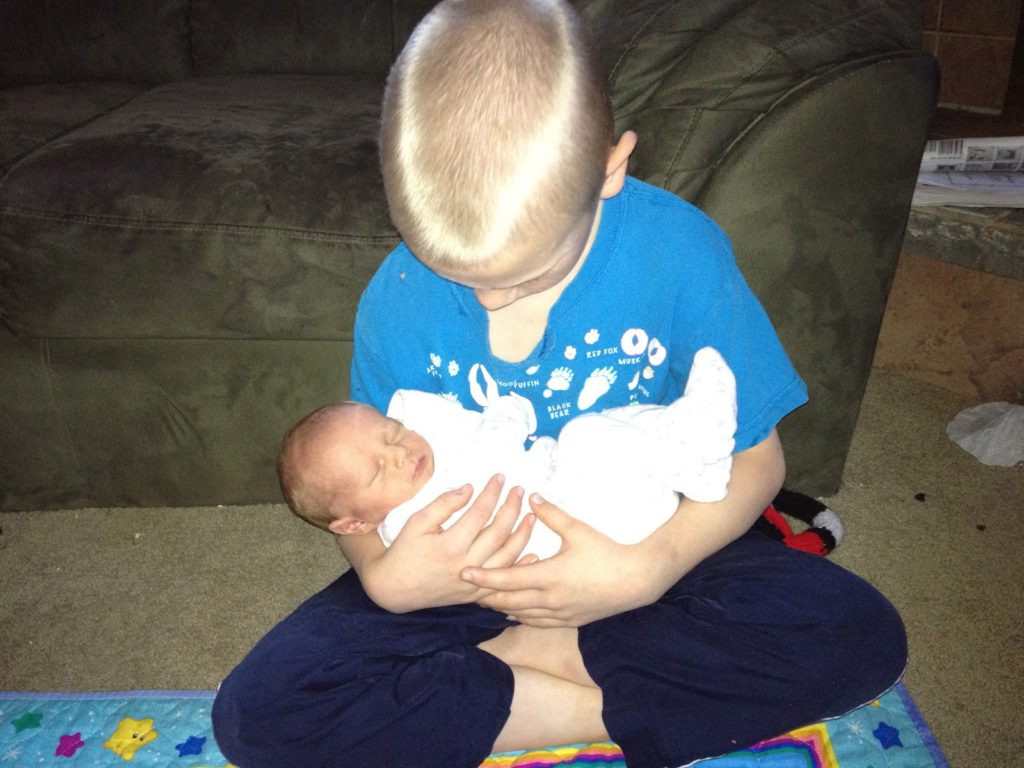
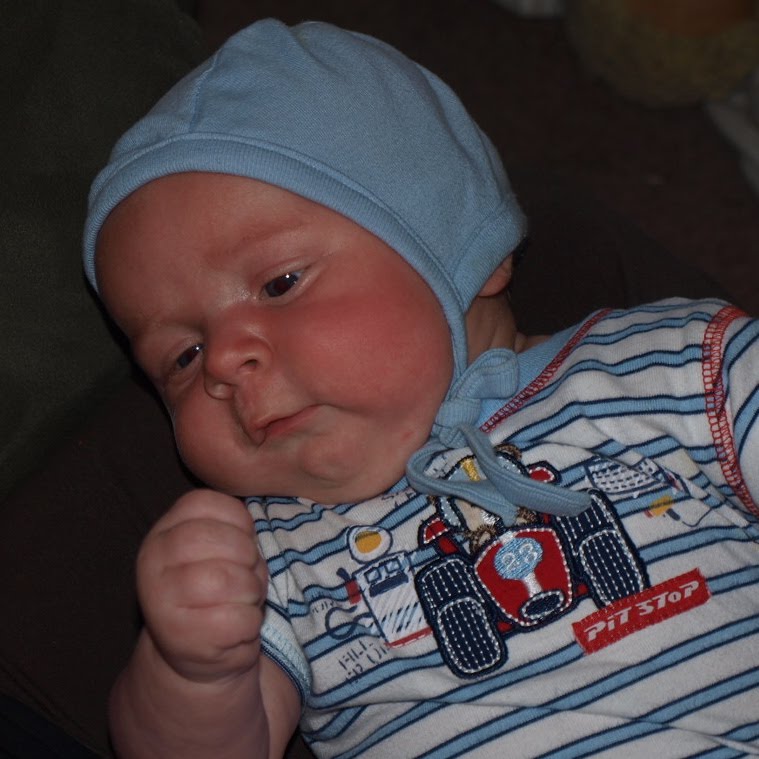
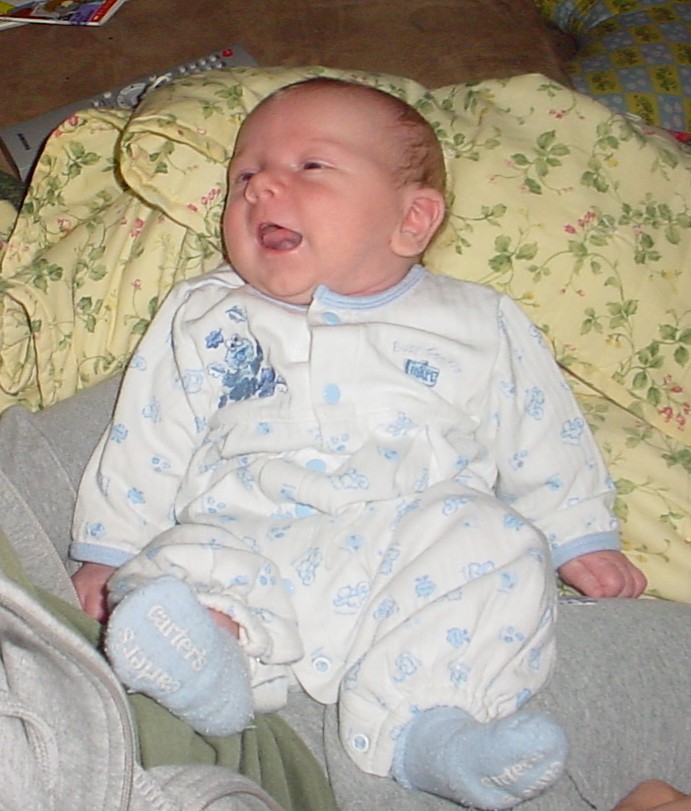
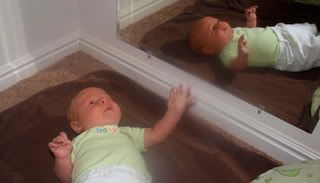

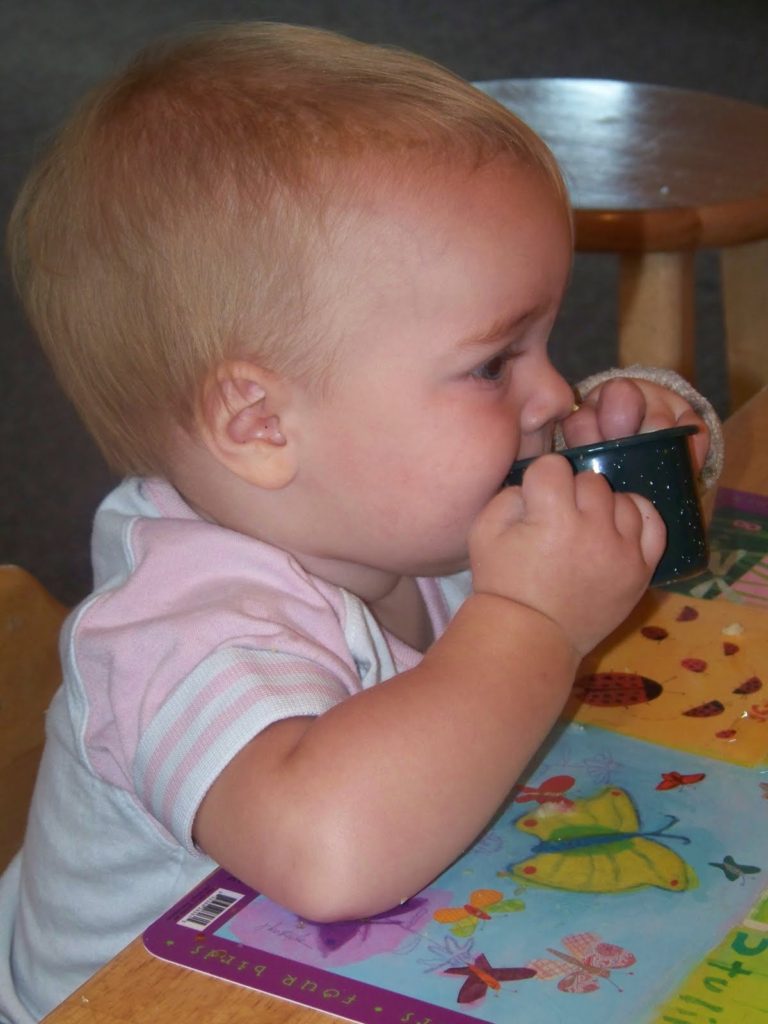
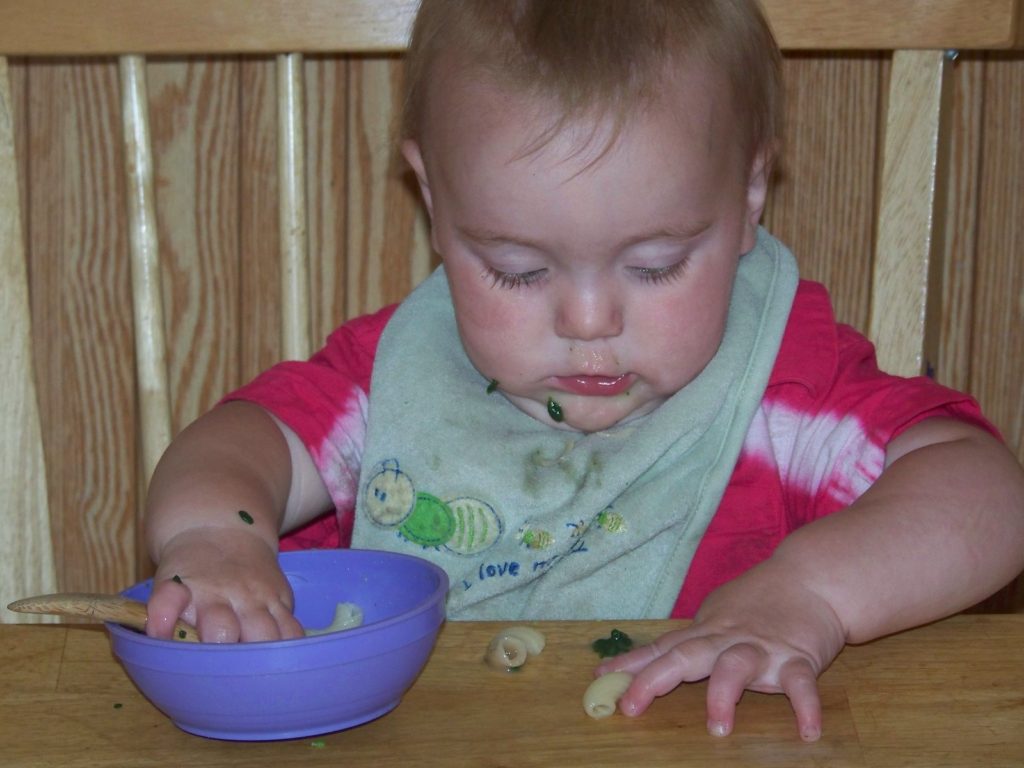
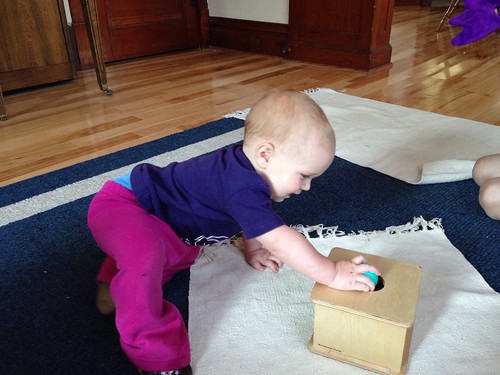
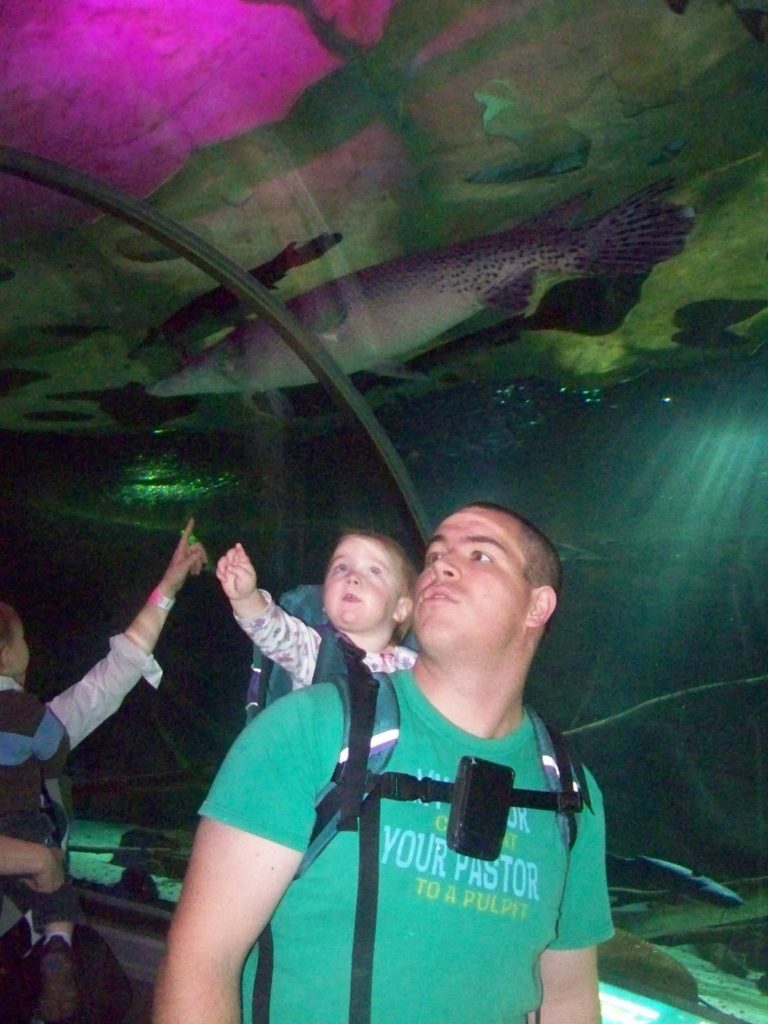
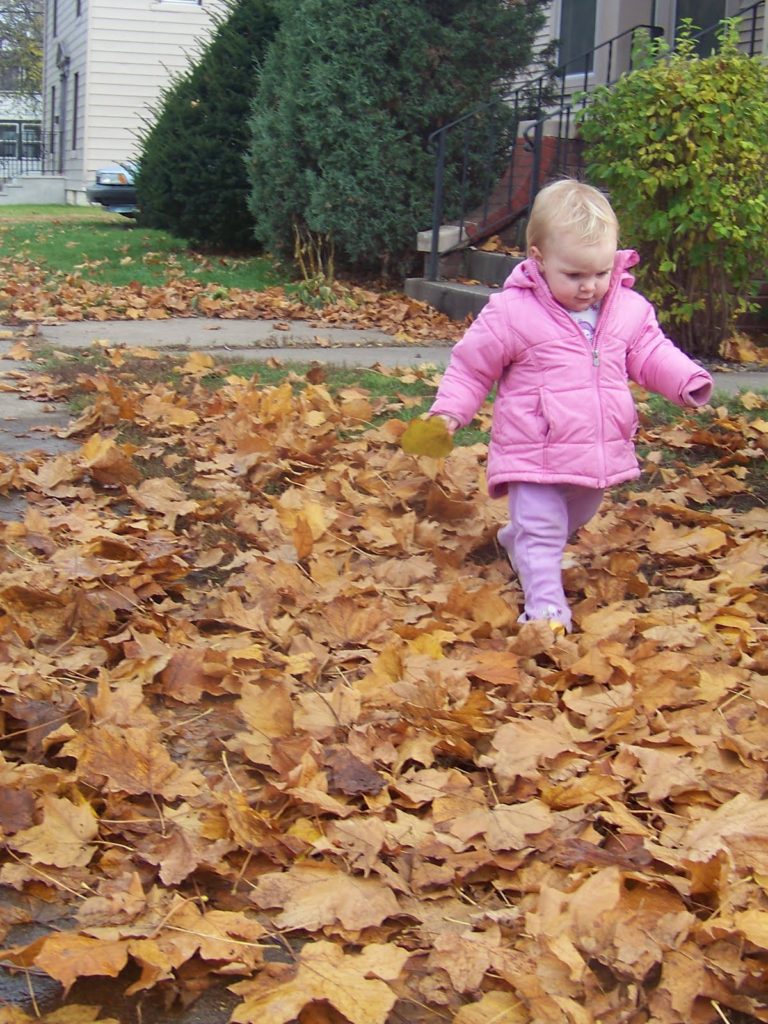
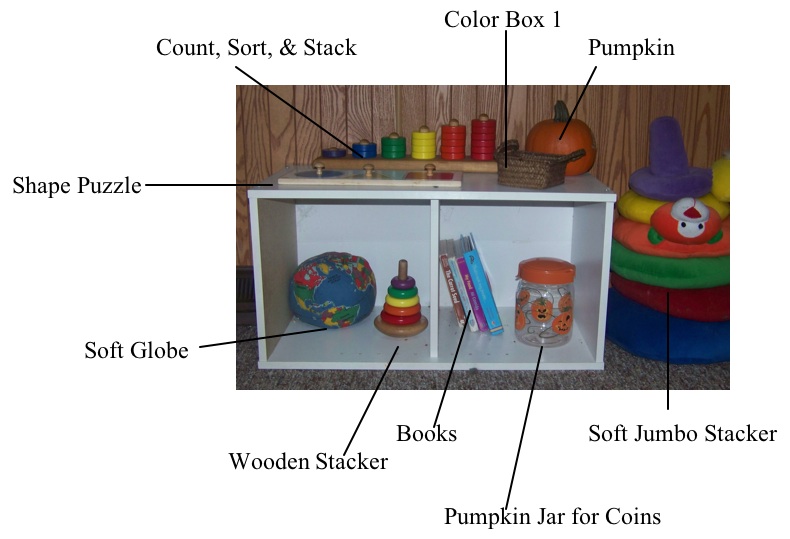
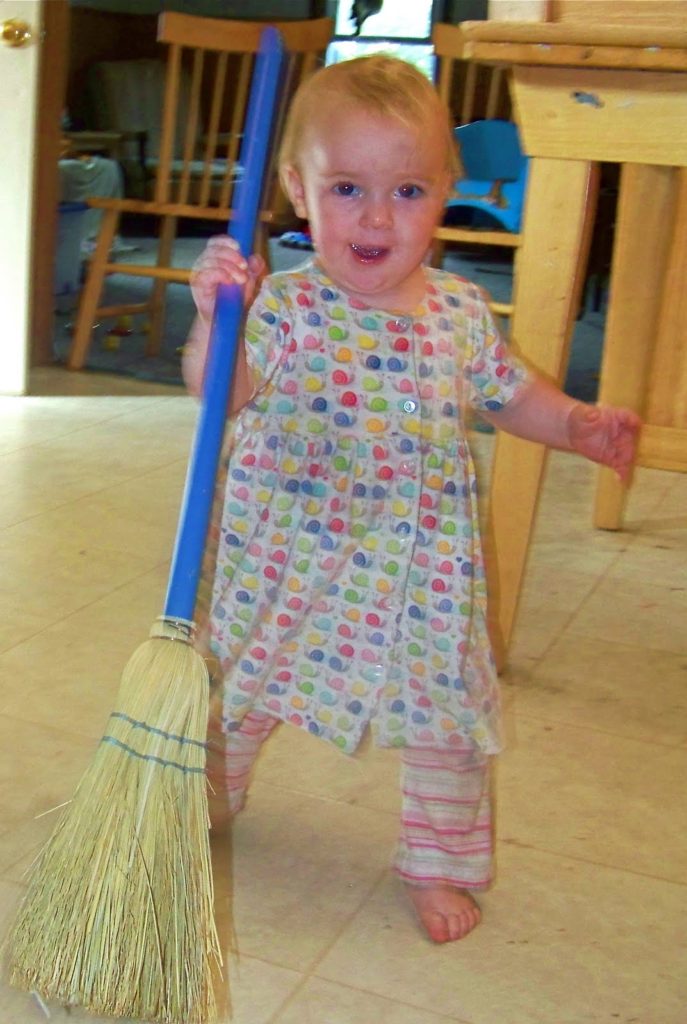
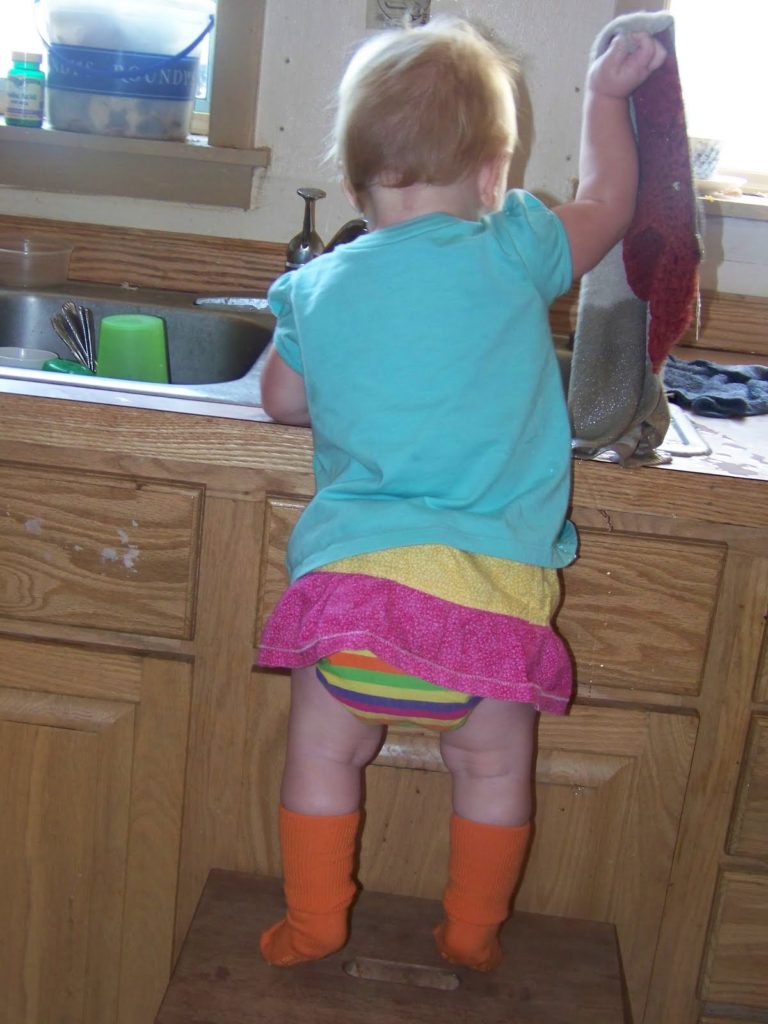
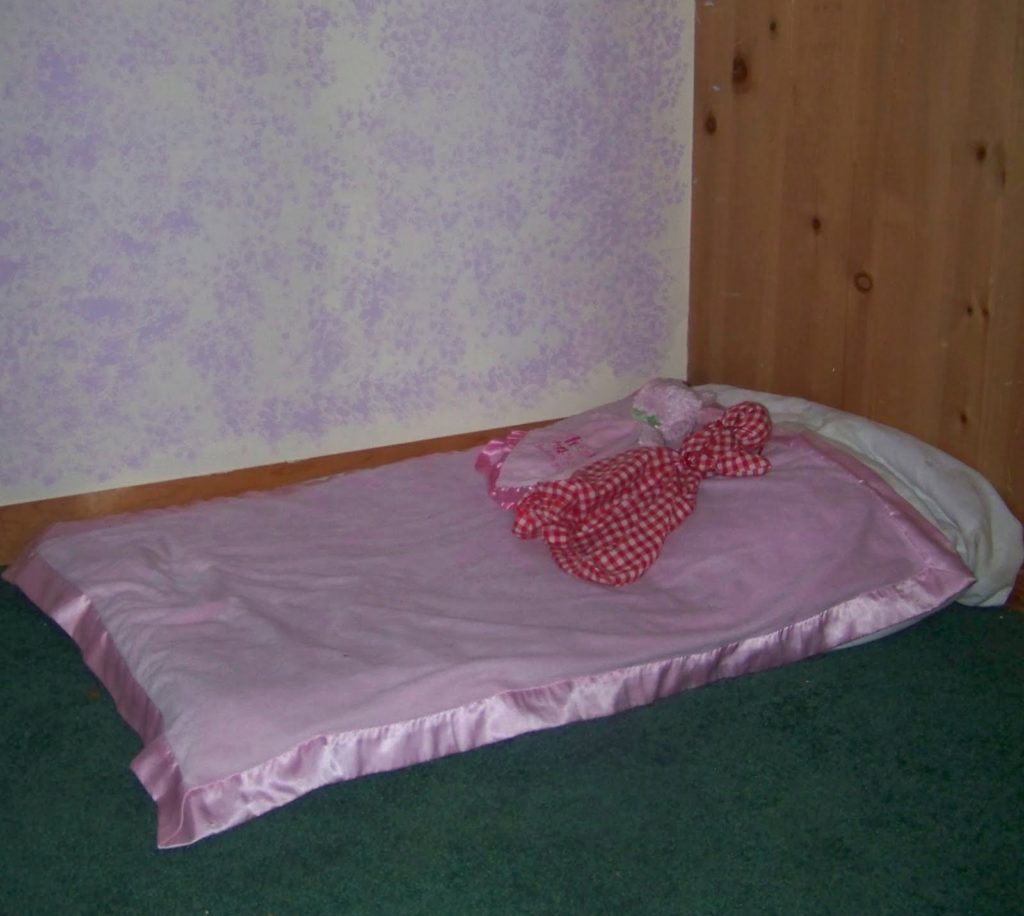
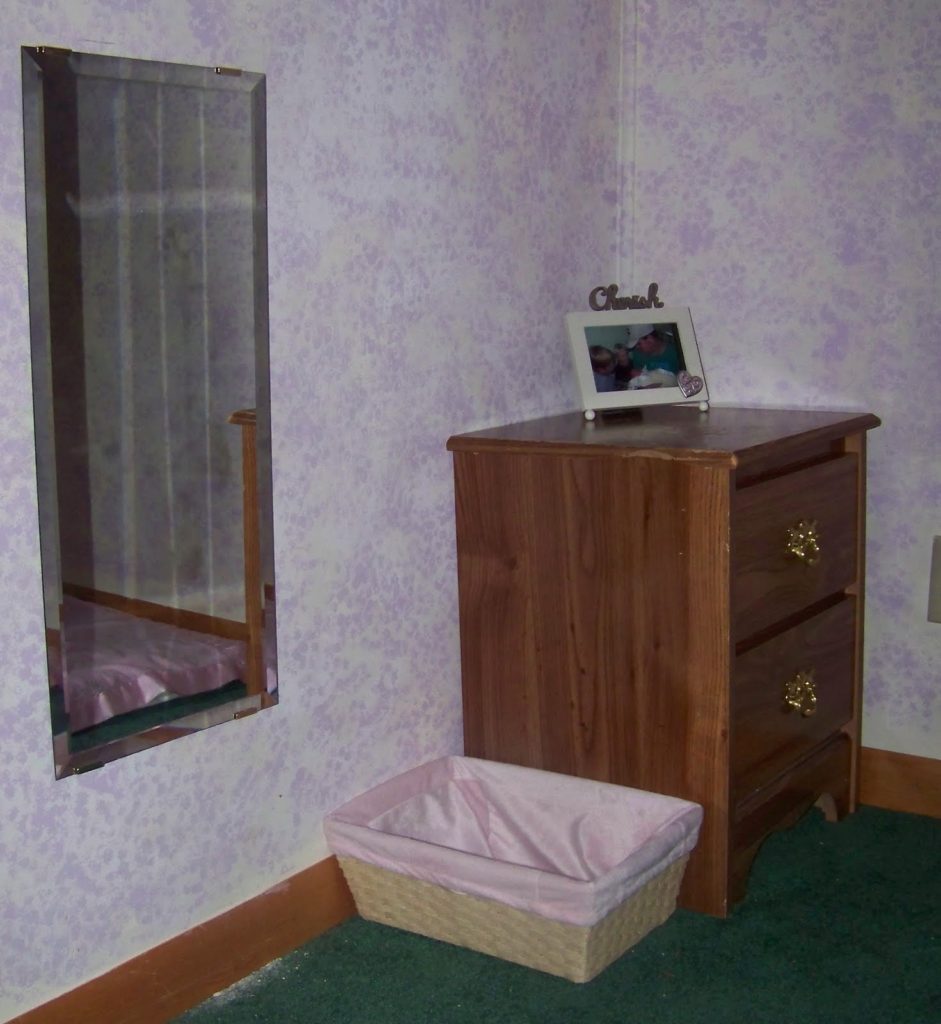
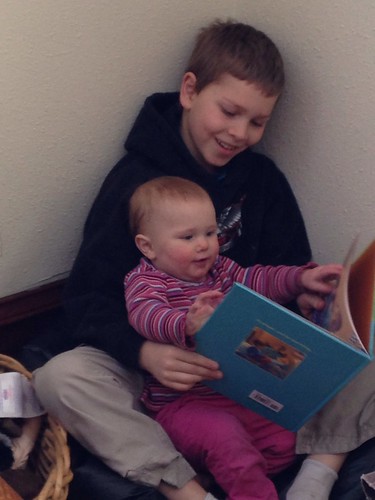
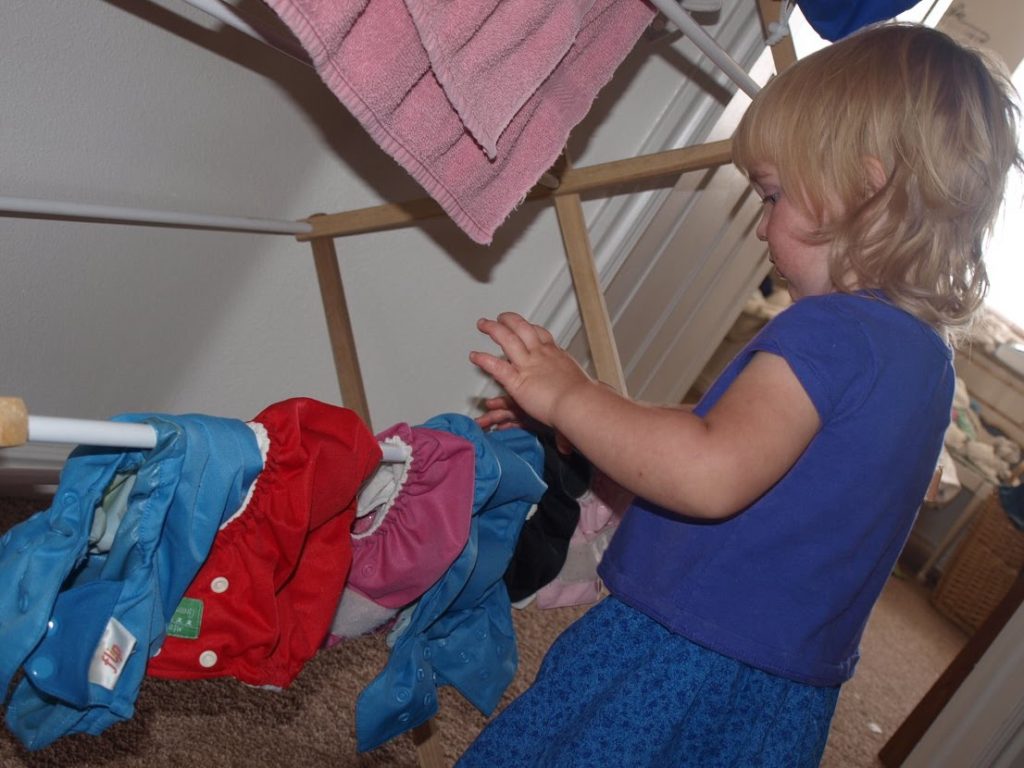
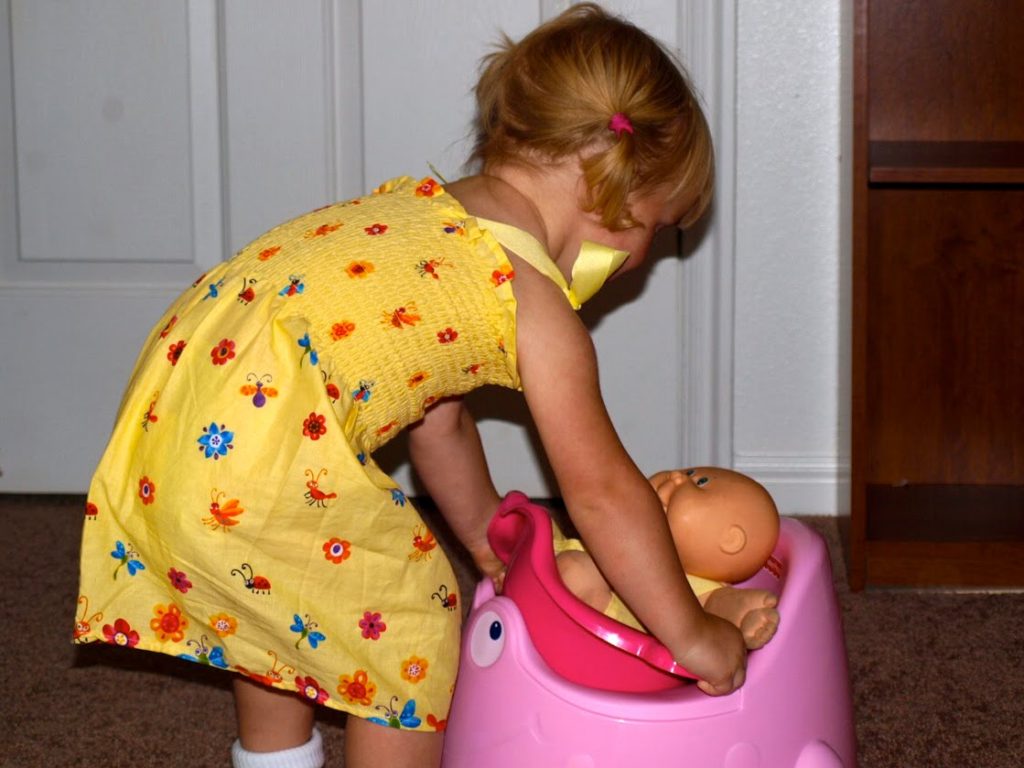













I loved seeing your practical life setups and toddler/baby room!
I have been thinking about toilet training with my littlest who is 2 1/2+ right now. He had been doing a lot with the potty, and really liked feeling so independent, and then wanted to back to diapers. (My other two potty trained much later like 4 yrs, but there wasn't a ton to do. They were just able to do it, and there were never any accidents.) I suppose I just need to put in the effort and call upon some patience and support the little guy! Thanks for this post!